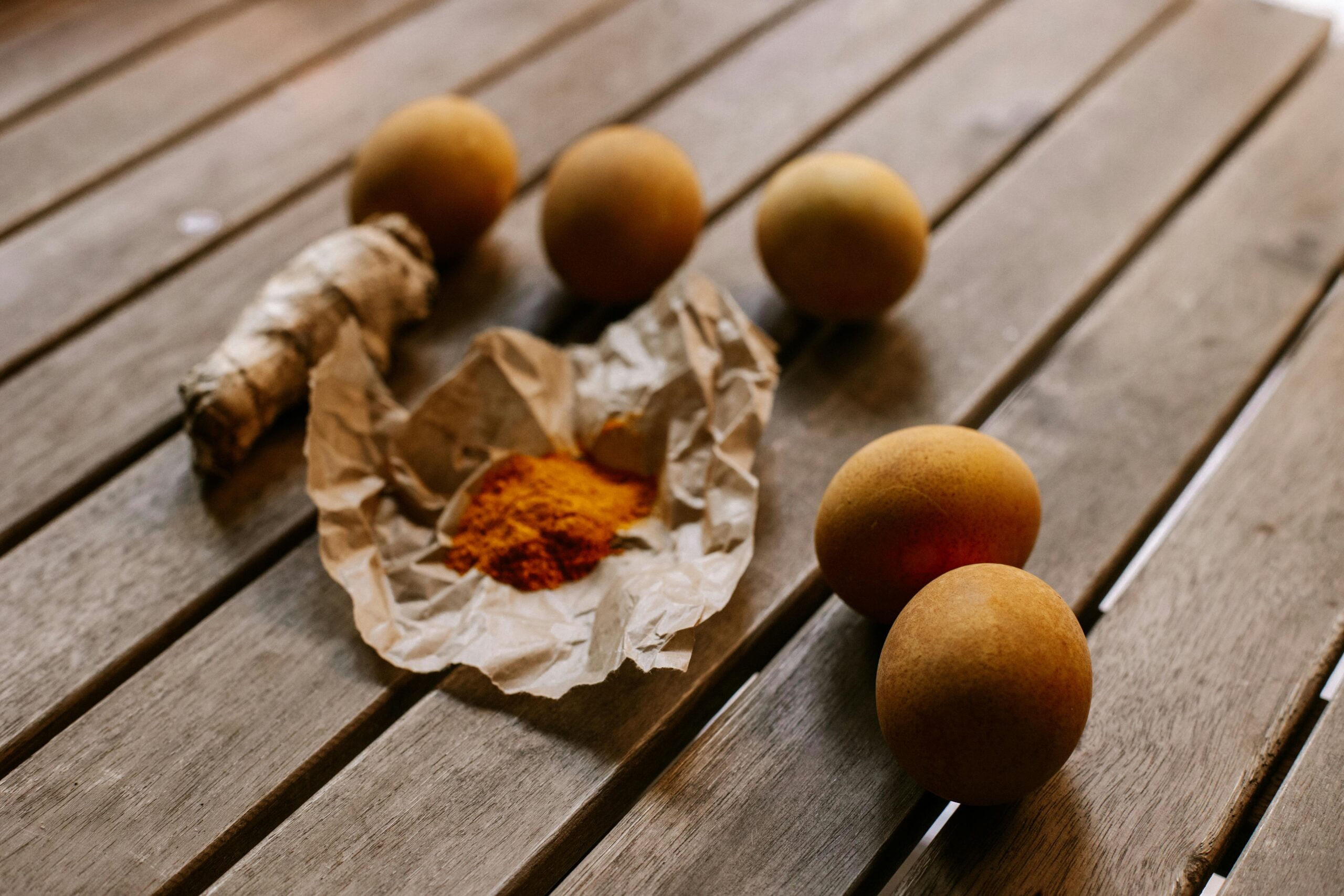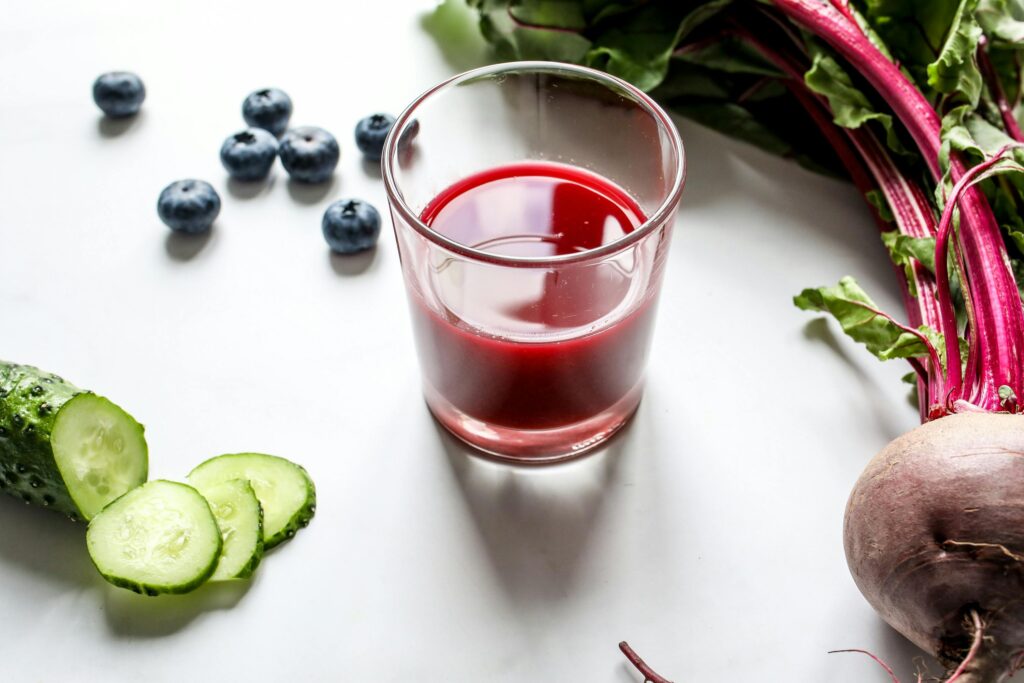Protein powder, which was before a specialized supplement (and a specialized segment of the supplement industry!) for bodybuilders and gym maniacs, is now a commonly used supplement for the dietary vitamin intake of many different populations, including children. Commonly parents always search for more ways to increase their children’s nutrition, this leads to the question of whether protein powder for kids is suitable for children.
With busy schedules, selective eating habits, and sports or physical play demands, many kids may not be getting enough protein from their meals alone. In this situation, protein powder can be helpful. Be aware of its advantages, possible drawbacks, and recommended usage methods, but remember this supplement needs to be used wisely.
What is Protein Powder for Kids?
Proteins are derived from a range of plant and animal sources and are used as dietary supplements. The most often used kind is whey protein, which is taken from milk when cheese is being made. Popular for its full amino acid profile and fast absorption, it’s a great choice for building and repairing muscle.
One other protein that we get from milk is casein, which breaks down more slowly and releases amino acids over time, which is great for maintaining muscle mass and for long-term energy. The egg white protein is especially good for people looking to build muscle and who are anti-carb as it is low fat, low carb, and high in high-quality protein.
Each variety can have advantages and people choose them depending on the type of food they want to choose.
Types of Protein Powders
It’s essential to choose high-quality protein powder specifically for children when you’re shopping around for protein powder for children. When choosing the best protein powder, keep the following things in mind:
Whey Protein:
It is used widely because it is one of the quickest absorbed and has a high biological value (BV). It contains every essential amino acid essential for growth.
Plant-Based Proteins:
If you or your child is vegan or lactose intolerant, you can check out options such as pea protein or brown rice protein. Mixed, they will form a full profile even though they may not themselves have all of the required amino acids.
Egg White Protein:
For people who desire animal-based proteins without dairy, egg white protein is a great option.

Recommended Kids Protein Powder Brands
The following reputable companies that sell protein powder for children:
| Brand | Type | Protein per serving | Calories per serving | Key Features |
| Nourished Kids | Whey Protein | 9 g | 60-70 | Made with minerals and vitamins and sweetened with monk fruit extract, for children aged two and up. |
| Nutrikid | Whey Protein | 10 g | 100 | GMP-certified, vitamin and mineral-rich, and formulated to fulfill the nutritional needs of kids. |
| Orgain Kids Protein Shake | Plant-Based | 8 g | 200 | Gluten-free, non-GMO, made with organic ingredients and offered in a variety of flavours. |
| Everest Essential | Clear Whey Isolate | 8 g | 35 | Made with a transparent isolate that is grass-fed, it is low in calories and kind to sensitive stomachs. |
| Ora Organic So Lean & So Clean | Plant-Based | 20 g | 150 | Probiotic-enriched vegan protein powder is ideal for kids with special calorie requirements. |
| Kidz Superfood Protein Powder | Plant-Based | 10 g | 70 | Allergen-friendly organic superfood mix with extra vitamins and minerals. |
| Gritzo Supermilk | Nutritional Powder | 9 g | 130 | For active children, this vitamin and calcium-rich food promotes growth and development. |
| Kate Farms Pediatric Shake | Pea Protein | 8 g | 250 | For children with allergies, a complete nutrition shake that contains vital vitamins and minerals. |
| Transparent Labs Grass-Fed Whey | Whey Protein | 28 g | 120 | Premium source of protein for muscle regeneration that is free of gluten and artificial sugars. |
| Healthy Heights | Whey Protein | 12 g | 120 | Contains vital vitamins and minerals and is made for youngsters who are underweight or picky eaters. |
Why Do Growing Kids Need Protein?
Protein is very important for every child’s development and growth. Protein is required for the following main reasons:
- Growth and Development: Children, especially young children, grow fast, and they need enough protein to grow their muscles, bones, and organs.
- Muscle Repair: Proteins are important for children involved in sports or other physical activity to repair and grow muscle tissue after activity.
- Immune Function: The synthesis of antibodies to fight infection and to help maintain general health requires proteins.
- Energy Source: Although carbs are the main energy source, protein can give energy if needed.
How Much Protein For Kids Nutrition?
The amount of protein depends on age, level of activity, and general health. As per dietary feedback:
- 1–3 years: 13 g daily
- 4–8 years: 19 g daily
- 9–13 years: 34 g daily
- 14–18 years: Girls should consume about 46 grams daily, while boys should consume about 52 grams.
Depending on conditions like physical activity levels, these recommendations may change. Active kids might need more protein to meet their energy and growth demands.

Benefits of Protein Powder
For many conditions, protein powder can be very great for kids, and in general.
Encouraging Development and Growth
Protein Shake may help in regenerating muscle tissue effectively after exercise or sport. Protein powders provide an easy method to increase nutritious intake without requiring a lot of meal preparation for picky eaters or busy households. A protein smoothie can help youngsters who are underweight or who require more calories to improve their calorie intake healthily.
Minerals and Vitamins
Bone health requires calcium during critical growth times, and many children’s protein powders are supplemented with essential vitamins and minerals for overall good health. Vitamin D helps fight infection and absorb calcium.
When to Use Protein Powder
Protein powder may be helpful in some cases, yet whole meals should be the main source of nutrition:
Picky Eaters
Children who are picky eaters could find it difficult to get enough protein from complete meals. A high-quality protein powder can help fulfil the need in these situations.
Health Issues
Due to problems with absorption or higher nutritional needs, children with metabolic abnormalities or chronic illnesses may require more protein.
Active Kids
Sports or other strenuous tasks help children’s muscles to grow and heal after workouts, so they may also need more protein to help their muscles grow and repair.
Protein Supplements – Safe Use
Protein powder is safe when used properly, even with the fact that many parents are confused if it’s safe to give their kids. Here are some rules:
- See a healthcare professional before adding any supplements to your child’s diet to be sure they meet their nutritional requirements.
- Make sure you avoid consuming more protein than is advised from food and supplements to prevent health problems like kidney strain or nutritional imbalances.
- Choose premium powders that are designed especially to meet the nutritional needs of kids and contain no artificial ingredients.
How Much Protein Is Too Much?
Excess of protein can have negative effects on health:
- Digestive Problems: Bloating and constipation are two gastrointestinal discomforts that can result from consuming too much protein.
- Kidney Strain: Diets high in protein can strain the kidneys, particularly in kids who already have health issues.
- Nutrient Imbalance: Dependence too much on supplements may result in deficiencies in other essential nutrients that are present in whole foods.
Conclusion
Sometimes, adding protein powder to a child’s diet is a good thing, but always with caution. When it comes to food restrictions or the need for extra calories, parents must place entire sources of food while also considering supplements. To know how to make sure your child gets enough nutrients, you need to know your child’s age, their general health, and how physically active they are. Parents can help their children to grow thick and strong by providing them with the proper amount of protein powder from a protein diet.













